![]()
![]()
![]()
Use LEFT and RIGHT arrow keys to navigate between flashcards;
Use UP and DOWN arrow keys to flip the card;
H to show hint;
A reads text to speech;
14 Cards in this Set
- Front
- Back
|
A global exchange of plants, animals, technology, and ideas that began with Columbus
|
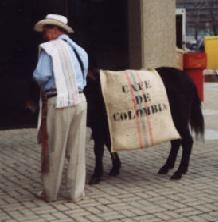
Columbian Exchange
Here's the coffee--I swear it's Columbian! |
|
|
A change in the European economy that included the rise of capitalism
|

Commercial Revolution
TV Ad Hosts of the World, Unite! |
|
|
A system in which peasants received the raw product from merchants, and later sold back the finished product
|

"Putting-out" system
Aww, we know who's really putting out! |
|
|
A rise in prices linked to a sharp increase in the amount of money available
|
Inflation
|
|
|
The investment of money to make a profit
|
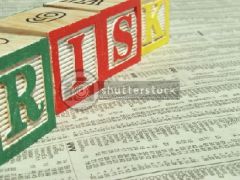
Capitalism
Buying stock in building blocks is investing "capitals"! |
|
|
Enterprising merchant
|
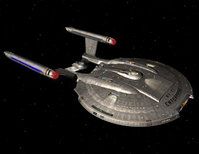
Entrepeneur
These "Enterprise"-ing merchants are going where no man has gone before. |
|
|
An organization that allows people to pool large amounts of capital needed for overseas ventures
|
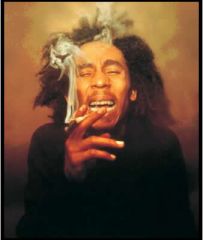
Joint Stock Company
Nothing brings people together like "joint" stock! |
|
|
An economic policy based on the belief that a nation's real wealth is measured in its gold and silver treasure
|
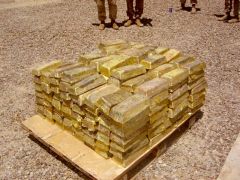
Mercantilism
|
|
|
Tax on imported goods
|

Tariff
After hearing his goods were being taxed, this dude was "tariff"-ied! |
|
|
How did the voyages of Columbus lead to global exchanges of goods and ideas?
|

Columbus transported European settlers, plants, and animals to America, and the cultural exchange that followed from this spread worldwide
|
|
|
Explain how each of the following contribued to economic changes in Europe: the price revolution, capitalism, and mercantilism.
|

The price revolution caused a permanent upsurge in prices, giving capitalism a boost. Capitalism brought an increase in overseas ventures and thus an international trading system. Mercantilism increased the power of overseas empires and the amount of government revenues.
|
|
|
How did the economic changes of the 1500s and 1600s affect the lives of ordinary people?
|
Merchants acquired wealth, but nobles and workers were hurt by the changes. Workers' wages did not keep up with inflation, causing widespread poverty.
|
|
|
How has modern technology quickened the speed with which global exchanges occur?
|
Television and films are able to introduce other cultures to us instantly through images. We can chat or e-mail to exchange all kinds of ideas over the Internet. Others...
|
|
|
Do you think the European policy of mercantilism was beneficial or harmful for the people of Africa and the Americas? Explain.
|
Generally, it was a bad policy, because it relied on stockpiling the wealth of a colonizing nation. This necessitated exploitation of the natural resources of the colonies, a process that forced more and more into slavery and left native peoples with few or no natural resources of their own.
|

